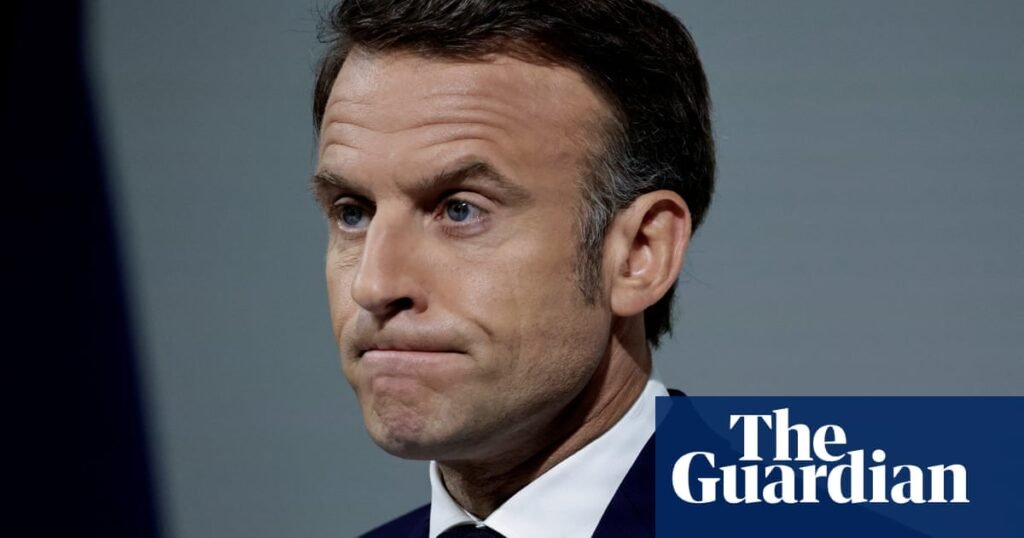France’s stock market is heading for its first weekly drop in more than two years on concerns that the country’s far-right party may win the next parliamentary elections.
French government bonds also fell sharply this week as analysts warned there was a risk of a Liz Truss-style market panic following President Emmanuel Macron’s decision last Sunday to call surprise national elections.
The CAC 40 index, made up of the 40 largest stocks listed in Paris, suffered its worst week since March 2022. It was down more than 2% by Friday morning, bringing its loss for the week to nearly 6%.
Friday’s stock market plunge came after French Finance Minister Bruno Le Maire warned that the country could fall into a financial crisis because of big spending promises if either the far-right or the far-left wins the next parliamentary elections.
“When you look at the far right, you see a program built on lies,” Le Maire told France Info radio.
Marine Le Pen’s far-right National Rally party has advocated protectionist economic policies, increasing public spending and proposing cuts to value-added taxes on fuel, electricity and gas.
Le Maire also claimed that a new coalition of left-wing parties would cause an “economic collapse” if it came to power.
France aims to reduce its budget deficit to 3% by 2027 to meet the maximum borrowing limit allowed under euro zone rules. Higher government spending or tax cuts could undermine that goal.
Asked if the current political instability could lead to a financial crisis, Le Maire replied: “Yes.”
“This is due to the political program that is being considered on the issue of whether we can continue to repay this debt,” he added.
The gap between French and German borrowing costs widened to a seven-year high this week as investors sold French government bonds, driving down prices and pushing up bond yields, or interest rates.
The spread, which measures the premium investors are asking to lend to Paris over the traditional safe haven of Berlin, was last wider in 2017, just before Mr Macron defeated Ms Le Pen in that year’s presidential election.
Opinion polls this week show the Rally National party is on track to win the general election, capturing a third of the vote, ahead of France’s left-wing coalition, which is predicted to get 22 percent, and Macron’s centrist party, which is expected to get 19 percent.
Holger Schmieding, chief economist at Berenberg Bank, warned that a major defeat for the centrist candidates would almost certainly spell the end of Macron’s pro-growth reforms, saying a hanging parliament could lead to deadlock.
“However, if Le Pen takes control of parliament and pushes through key parts of her expensive fiscal and protectionist ‘France First’ policy, a Liz Truss-style financial crisis is possible. At this stage we assess this as a serious risk rather than a prediction,” Schmieding added.
If the Rally National wins power in the French National Assembly, France would likely enter a “coexistence” scenario, with Macron remaining president and Rally National’s Jordan Bardella becoming prime minister.

